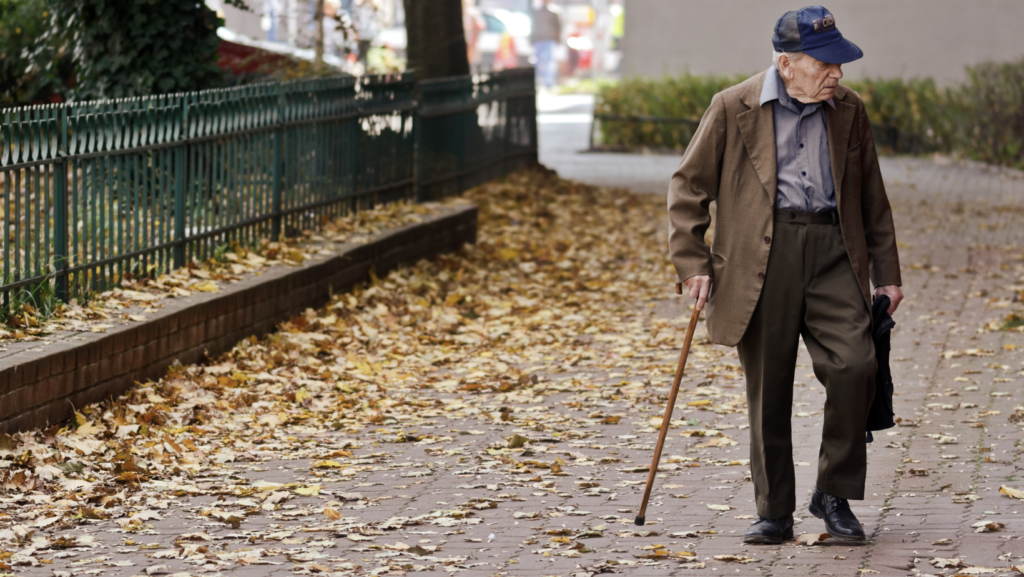Previously published in the Winnipeg Free Press Sept 5, 2023

EVERY older adult deserves respect, dignity, and well-being throughout their aging journey.
Manitobans were horrified by the unprecedented level of deaths of older adults in personal
care homes during the COVID-19 pandemic. This tragedy highlighted the systemic
inadequacies of resources and infrastructure to address the health and wellness of senior
citizens in our province.
Last month, Manitoba’s auditor general released a scathing report on the Protection for
Persons in Care Office stating he was “deeply concerned by our findings” of elder abuse in
personal care homes.
A network of community-based organizations is calling upon all three political parties elected
in the Manitoba legislature to improve the quality of life for older adults in our province by
establishing an Office of the Seniors Advocate that would be:
1) Enshrined in legislation through an Office of the Seniors Advocate Act;
2) Independent, in that it would report to the legislative assembly rather than the
government — this would be similar to the role of the Manitoba Advocate for Children and
Youth;
3) Developed with a terms-of-reference in consultation with community-based organizations
that would include a mandate for individual advocacy and system navigation, policy
advocacy, research, community outreach, public education, and promote system
accountability through annual monitoring and reporting of services provided to older adults
in our province; and,
4) Engaged in addressing issues with an equity-based lens for Indigenous, racialized,
LGBTTQ+, and persons with disabilities communities.
Key service issues that an Office of the Seniors Advocate would address include personal
care homes, health care, aging-in-place, home care, transportation, culturally appropriate
services, housing — including services for unhoused older adults, and income support.
The seniors advocate office must have a holistic and comprehensive mandate to address the
aspirations and needs of older adults living both in-care and in the community.
The recent announcement by the provincial government to replace the Protection for
Persons in Care Office with an independent body that reports to the legislature is too narrow
in its mandate as it only deals with people in care. A significant challenge facing older adults
in Manitoba is related to aging-in-place and the impact of home care, housing and
transportation issues.
University of Manitoba researchers are examining the concept of institutional elder abuse.
The frame for abuse has got to move beyond individual incidents to the systemic and
structural issues of neglect and abuse that harm older adults in our province.
In 2013, the British Columbia government established an Office of the Seniors Advocate that
focuses both on advocacy support for individuals and policy advocacy. A good example of
the policy advocacy role the seniors advocate plays involves a recent report that compared
the services and costs of non-profit personal care homes and private/for-profit personal care
homes.
The report reviewed the $1.4 billion contracted long-term care sector in British Columbia and
found: care homes in the not-for-profit sector spent 59 per cent of revenues on direct care,
versus 49 per cent in the for-profit sector; for-profit care homes generated 12 times the
amount of profit generated in the not-for-profit sector — $34.4 million versus $2.8 million;
not-for-profit care homes spent $10,000 or 24 per cent more per year on care for each
resident; for-profit care homes failed to deliver 207,000 funded direct-care hours; not-for-
profit care homes exceeded direct-care hour targets by delivering an additional 80,000 hours
of direct-care beyond what they were publicly funded to deliver; and, wages in for-profit care
homes were as much as 28 per cent or $6.63 less per hour than the industry standard.
The seniors advocate in British Columbia was able to develop this report because it had the
legislative authority to compel both not-for-profit and private service operators to provide
the information needed to do a comparative analysis of the value for money service
assessment within the contracted long-term care sector which will be used to support
evidence-based policy development.
All Manitobans believe that seniors deserve to be respected and have zero tolerance for
neglecting their needs. Establishing an Office of the Seniors Advocate with a broad mandate
to address both individual and policy advocacy issues, as well as focusing on the needs of
older adults living in care and aging-in-place in the community could play a key role to better
meet the challenges faced by older adults in our province.
Lucille Bruce is co-chairperson of the Indigenous Seniors Research Project and Carmen Nedohin is
president of the Canadian Association of Retired Persons – Manitoba Chapter.


